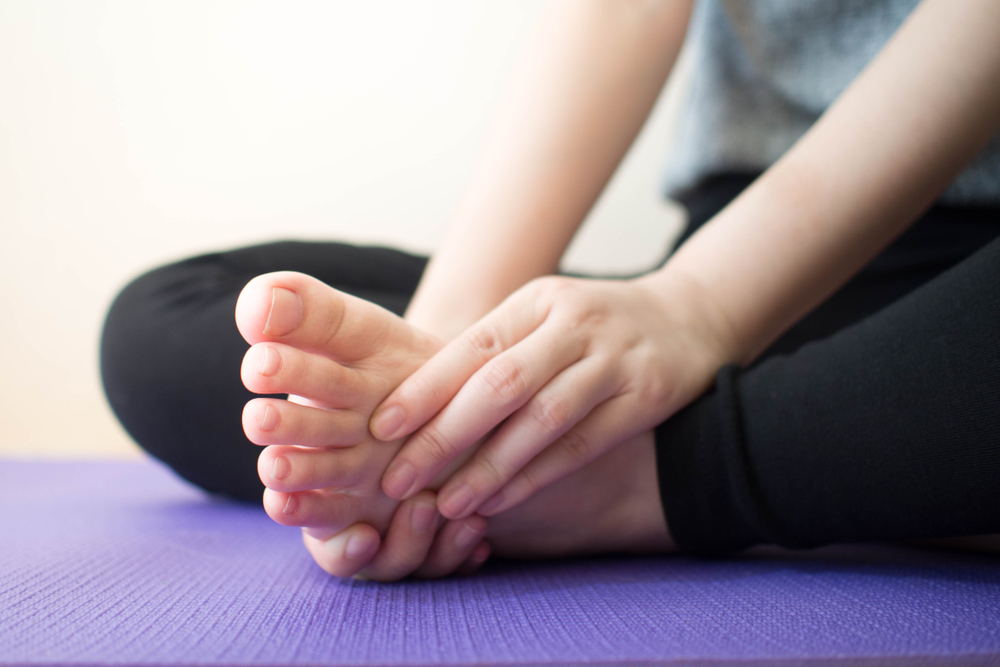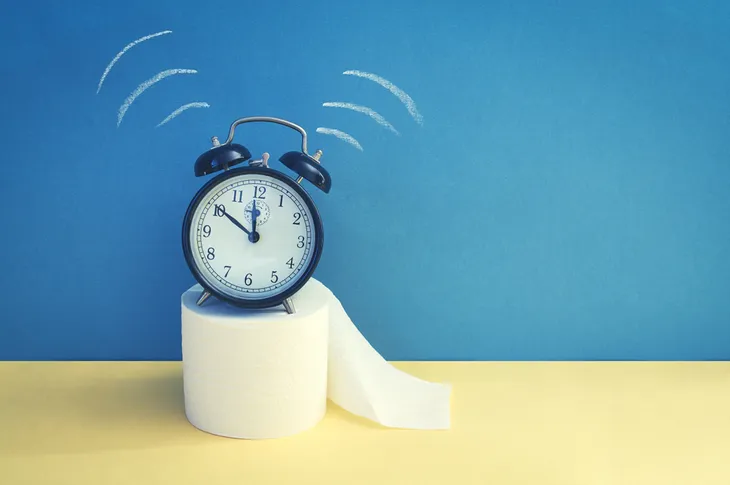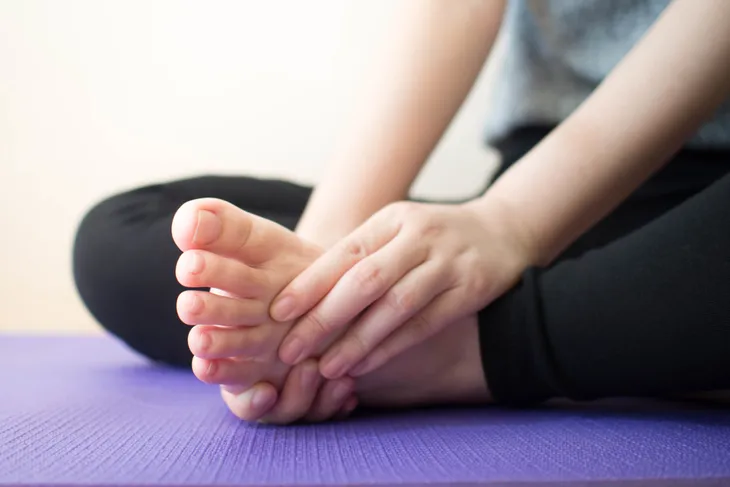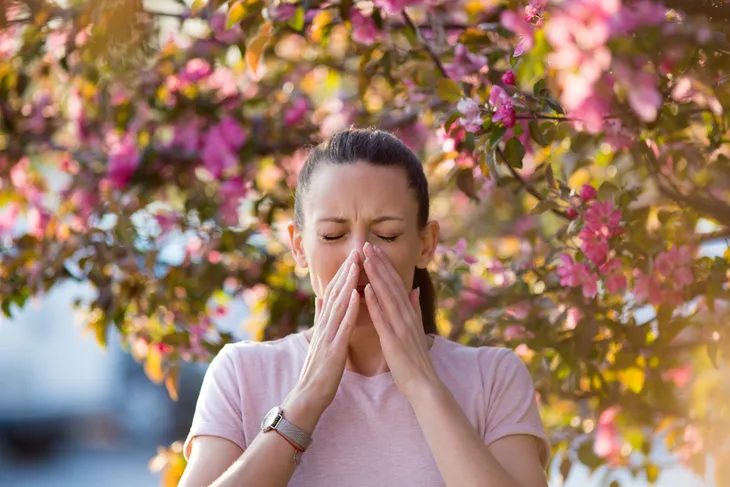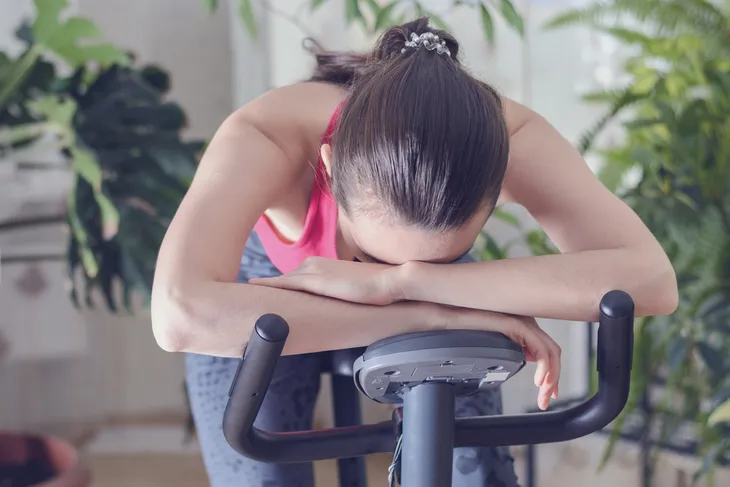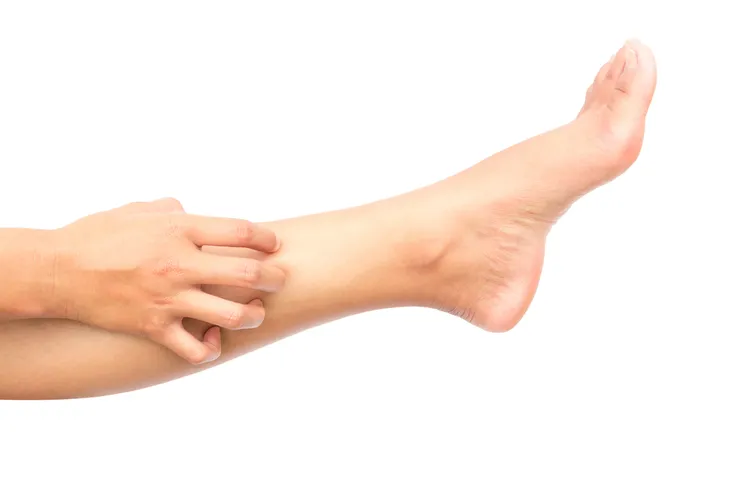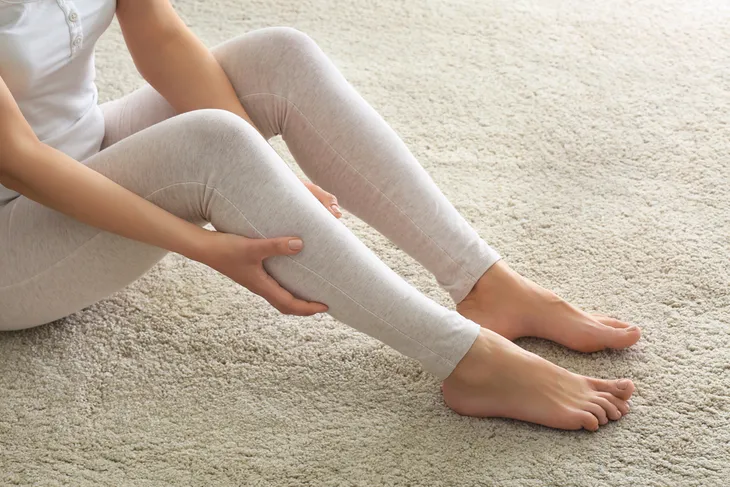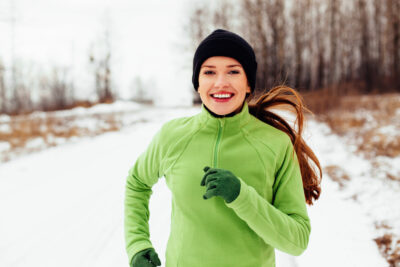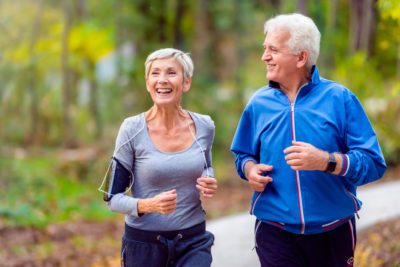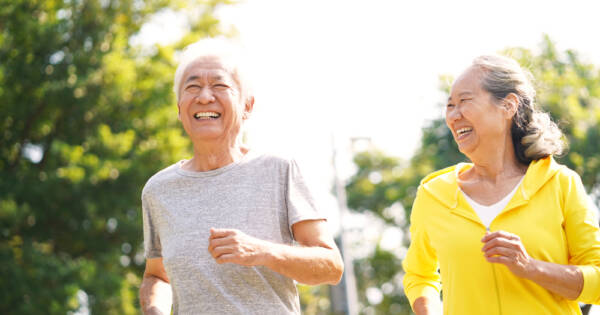If you’re new to regular exercise, you’ve likely come to expect the muscle soreness and the legs and arms that feel like jelly that come with your new regimen. However, your new, fit lifestyle might also come with a few lesser known surprises and somewhat embarrassing bodily “dysfunctions” that you didn’t expect from exercise…
1. That Sudden Urge to Poop!
Let’s face reality folks—when you’re dealing with blood flow mixed with the force of gravity and performing a standing exercise with impact, like running, you’re inevitably going to have to poop!
As, Dr. Michael Ryan, an associate professor of exercise science at Fairmont State University, explains it, the urge to poop during a run is actually fairly commonplace due to the “redirection of blood flow from your intestines to your working muscles.” Don’t forget that eating too close to a run can kick your gastrointestinal tract into high gear.
2. Numbing of the Toes
If instead of going to the market, all of your little piggies go numb when you workout, you’re likely dealing with constricted blood circulation. For example, physiologists at the University of Oregon say that too tight shoes might be the culprits if your toes swell and go numb on the elliptical machine.
Excessive pressure on the feet can also cut short blood supply and cause numbness during exercise. To avoid the foot tingles, get professional fitted for running shoes that match your foot issues (i.e., flat-feet, high arches, over-pronation, or under-pronation) and patterns.
3. Runny Nose and Eyes
I’ve often pondered why my nose would drip as soon as I turned up the heat on my workout. It turns out, according to research from the Allergy, Asthma, and Immunology Clinic of Englewood, Colorado, exercise-induced rhinitis, can increase as the intensity of your workout increases.
No, you’re not technically “allergic to exercise” even though the symptoms—runny nose, sinus congestion, coughing, sneezing, runny nose, and watery eyes, can be similar. Experts explain that the exercise induced sniffles occur due to constricted blood vessels in the sinus cavities. However, you may want to keep exercise indoors or use a decongestant prior to outdoor fitness.
4. Dizziness and Fainting Spells
When I started doing really high impact interval training (a whole lot of jumping), I experienced dizziness regularly…even to the point of vertigo. These moments were kind of scary. However, it turns out that the fitter you are—the more common bouts of lightheadedness can occur when you perform standing workouts.
Research from the University of Oregon, found that if the heart ventricles are wider—as they are with folks who are in great shape—blood flow back to the heart and oxygen replenishment can decrease, which can cause you to experience dizziness when standing and pass out. But remember, low blood sugar and dehydration can also cause lightheadedness. If you experience dizziness, take a knee or flex and unflex your legs to divert blood pooling in the legs and get it flowing back to the heart.
5. Itchy-Scratchy
It might feel odd to experience itchy thighs or biceps during your workout. However, exercise scientists at Fairmont State University assure that this itchy-scratchy sensation is perfection normal. Consider that as your muscles flex they fill with blood. The swollen capillaries and nerves can cause an itchy sensation in that area.
To reduce the distracting itch, just keep on keeping on. Your brain will get used to the sensation and the urge to scratch will lessen in time. However, experts recommend a doctor visit if you experience exercise-induced urticaria, which can cause hives or extremely swollen skin.
6. Muscle Twitching
It’s common to feel the odd muscle twitch or spasm during a grueling resistance workout. In fact, according to Men’s Health magazine, “muscle fasciculations” occur due to disproportionate electrolyte levels within muscle fibers as they exhaust.
This is why hydration, and even the use of electrolytes (sodium and potassium) in sports drinks, is vital before, during, and after your workout to replace vital electrolytes lost via perspiration. Prolonged twitches that cause extreme pain could indicate a muscle tear or chronic condition (i.e., thyroid issue) and should be examined by a doctor.
